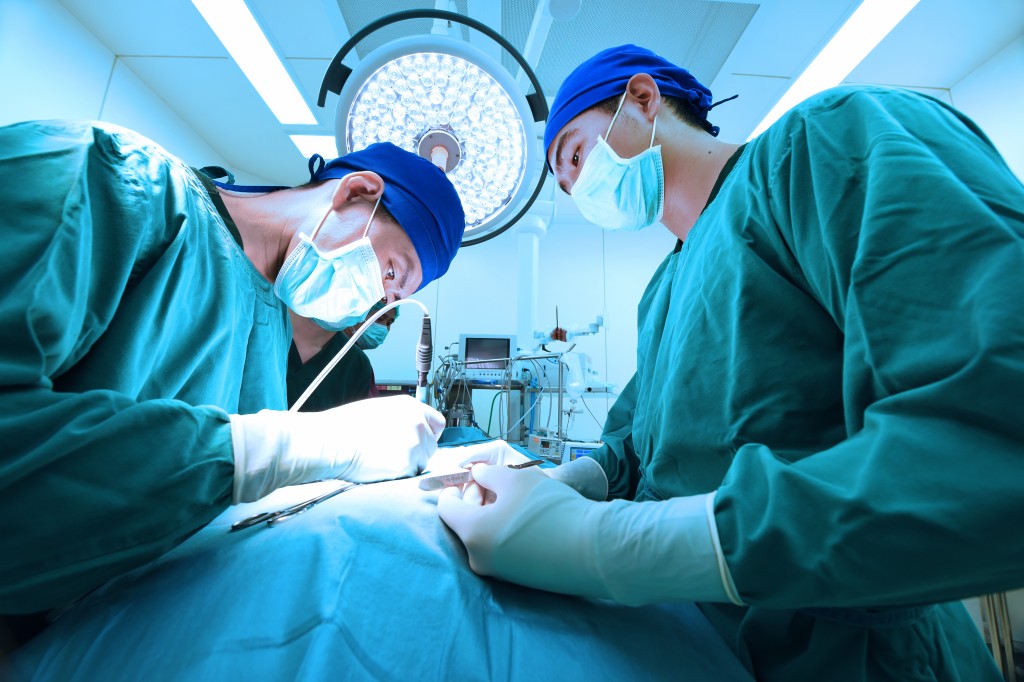Disclaimer: This website provides health information for educational purposes only and is not a substitute for professional medical advice, diagnosis, or treatment. Always seek the guidance of a qualified healthcare provider with any questions you may have.
Postoperative complications may sometimes occur after a surgical procedure. These can dramatically affect a patient’s recovery period. The patient may require constant and proper care, depending on the severity.
Landmark Hospital, a trusted provider of long-term acute care in Utah, notes that an interdisciplinary approach to care can help boost patient recovery rates. Care collaboration improves not only the quality of care but also the safety of the patients.
Complications often arise one to three days after the procedure. These are commonly a result of the stress on the body during surgery. Factors that may contribute to postoperative complications include the patients’ age and medical history, the disease treated, and the type of surgical operation done.
Common Post-surgery Complications
Post-surgery discomfort may include nausea and vomiting, overall soreness, swelling around the surgical site, and sleeplessness. The general anesthesia is often the reason behind nausea and insomnia. These discomforts often pass after the patient has had enough rest.
Shock and urinary retention are some common postoperative complications. Shock results from a severe drop in blood pressure due to blood loss during the surgery. Its usual treatments include oxygen therapy, intravenous infusion, and bed rest. Urinary retention, meanwhile, is often temporary and caused by the general anesthetic. Patients generally need a catheter and medicines to stimulate the bladder.
Postoperative Care at the Hospital
Post-surgical care happens as soon as the surgery ends. Part of the care provided requires physicians to explain the potential side effects and complications the operation may cause to the patients. Patients scheduled initially for outpatient surgeries or immediate discharge may need to stay overnight if they show signs of complications.
Patients with postoperative complications may need to stay at the hospital longer or transfer to other care facilities that can provide the necessary care. Intravenous drips are part of the standard care. A breathing apparatus, heart monitor, and nasogastric intubation may also be required, depending on the surgical procedure and the patient’s condition.
Immediate and appropriate care is important in cases of postoperative discomfort and complications. Patients are advised to heed the advice and instructions of their doctors and nurses to ensure their recovery, particularly upon their discharge from the hospital.




